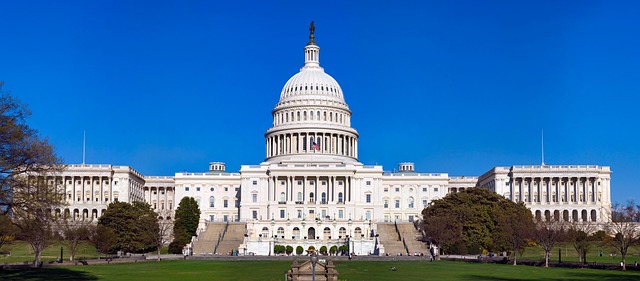Contents
Unveil the Tapestry of Historic Laws: A Journey Through Time and Religion
History is a vibrant tapestry woven with intricate threads of laws and beliefs. Today, we’ll embark on a whirlwind tour of some fascinating historic laws related to religion. Join us as we explore how these ancient edicts continue to resonate with our world today!
Ancient Israel: Eye for an Eye?
The Mosaic Law, dating back over 3,000 years, famously enshrined the principle of “an eye for an eye.” This retributive justice aimed to balance the scales of harm and deter future offenses. While it may seem harsh, it reflects the societal values of the time and highlights the importance of accountability.
Roman Empire: Christian Persecution
The Roman Empire initially tolerated religious diversity but later turned against Christians during the 1st century AD. Emperor Nero notoriously blamed them for the Great Fire of Rome and unleashed a wave of brutal persecution. This taught us the dangers of intolerance and the resilience of faith under adversity.
Medieval Times: Papal Influence
In medieval Europe, the Catholic Church wielded immense power and influence. Laws were often intertwined with religious doctrine. The Inquisition, for example, aimed to suppress heresy and maintain Catholic orthodoxy. It reminds us of the potential for religious institutions to shape society and the importance of respecting religious freedom.
The Reformation: Splitting the Pie
The Reformation in the 16th century challenged the Catholic Church’s authority and led to the establishment of Protestantism. Laws governing religious practice shifted as different denominations emerged, highlighting the role of religion in shaping political and social landscapes.
Modern Times: Separation of Church and State
Today, in many nations, the separation of church and state is a cornerstone principle. Laws strive to protect religious freedom and ensure that religious beliefs do not interfere with the rule of law. It’s a testament to the enduring struggle to balance religious values with the rights of individuals in a pluralistic society.
Expanded Summary:
Throughout history, laws have played a pivotal role in shaping the relationship between religion and society. From the ancient laws of retribution to the persecution of Christians in Rome and the power of the Catholic Church in the Middle Ages, these historic edicts continue to inform our understanding of religion and its impact on the world. In modern times, separation of church and state has become a fundamental principle, reflecting the importance of religious freedom and the ongoing need to balance different beliefs in a complex global society. Understanding these historic laws not only enriches our historical knowledge but also provides valuable lessons for the present and future.
